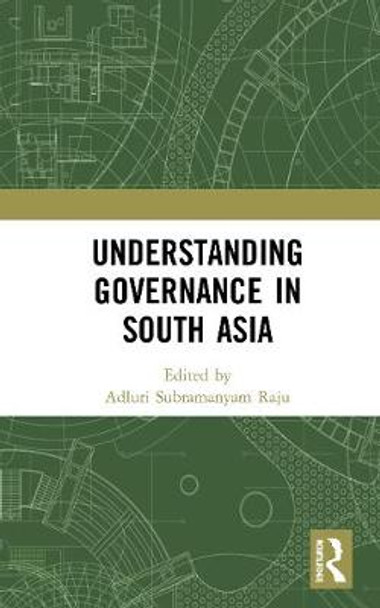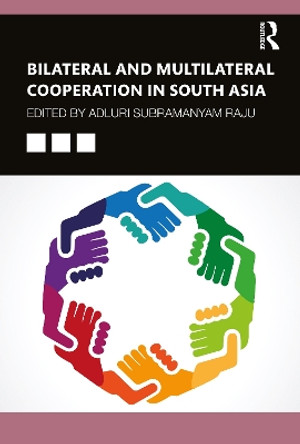Description
The concept of good governance in South Asia poses a challenge at the implementation level, mainly due to ethnocentricity, regional disparities, division between poor and rich, and rural and urban division among the people. Concepts such as decentralization, citizen engagement, lean public service, privatization, autonomy, public-private partnership may work well in developed countries but may not produce the same results in the region where the majority of poor people expect their government to fulfill their basic needs.
Governance in South Asia needs to be reformed to ensure that poverty can be reduced, if not completely eradicated. Poor governance and the various means by which governance has fallen short, has led to lack of development and continuance of poverty in South Asian societies.
South Asian countries have more or less similar objectives, structures, value systems, cultures, and standards of governance despite different forms of government. The colonial legacy of British administrative system had its impact on centralization. Secrecy, elitism, rigidity, and social isolation is common to all South Asian countries. The post-colonial administrative system is built upon pre-colonial administrative traditions throughout the region. These countries can learn from each other’s experiences. They need to develop an indigenous model to find pragmatic solutions to the challenges of good governance. This book argues that countries in South Asian can achieve good results through good governance if they develop and adopt an indigenous model rather than simply borrowing models and ideas from the West.
Please note: This title is co-published with Manohar Publishers, New Delhi. Taylor & Francis does not sell or distribute the Hardback in India, Pakistan, Nepal, Bhutan, Bangladesh and Sri Lanka.
Book Information
ISBN 9780367557904
Author Adluri Subramanyam Raju
Format Hardback
Page Count 304
Imprint Routledge
Publisher Taylor & Francis Ltd
Weight(grams) 453g






